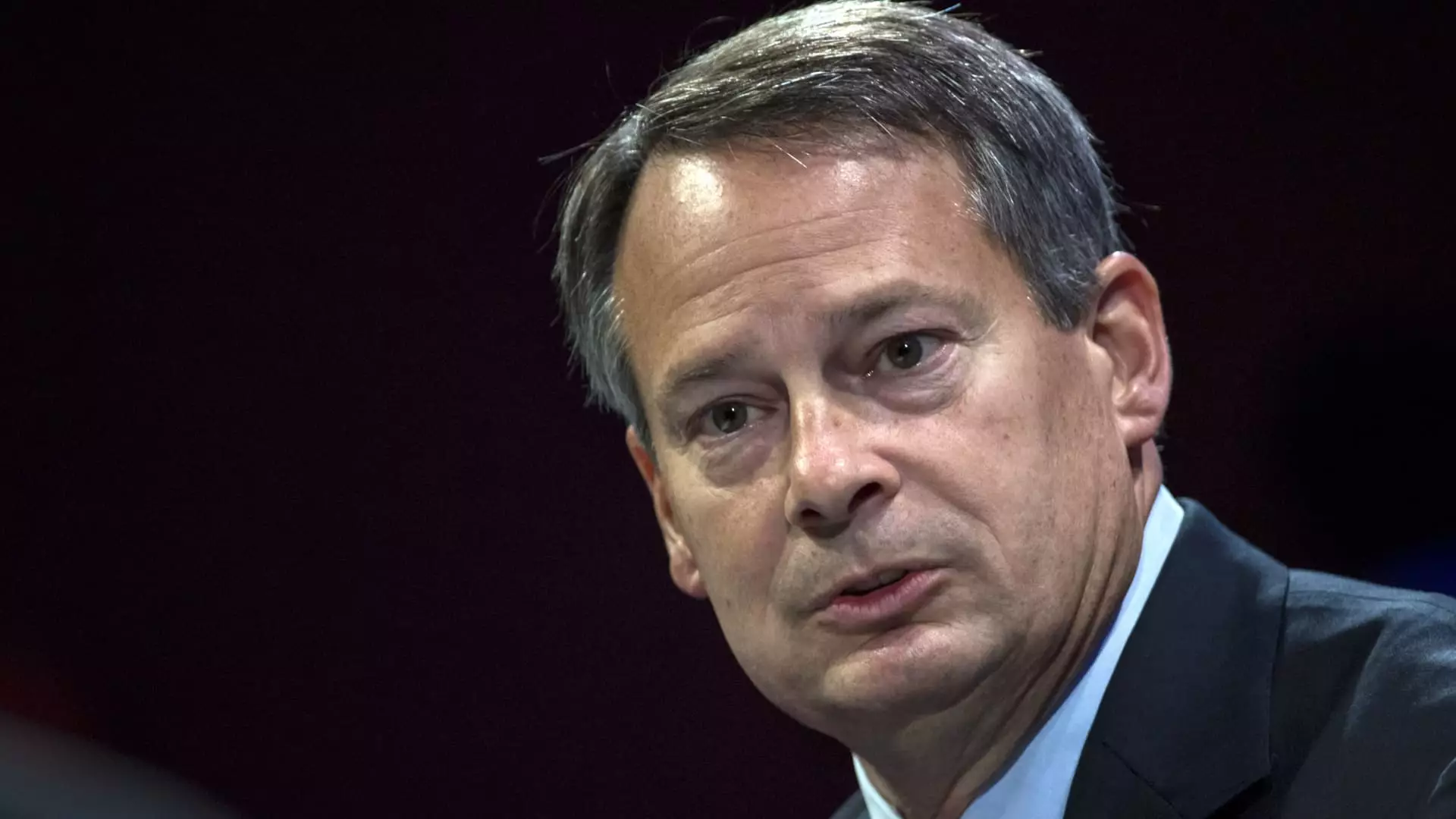Walt Bettinger, the longstanding CEO of Charles Schwab, has announced his retirement effective December 31, 2024, concluding a notable 16-year tenure that has significantly shaped the brokerage landscape. Transitioning to his successor, Rick Wurster, who currently serves as President, signifies a pivotal moment for the firm. As Bettinger steps down, he will continue contributing as co-chair of Schwab’s board, facilitating a bridge between past leadership and future endeavors.
In his statement regarding his retirement, Bettinger mentioned turning 65 next year as a key motivator for stepping aside, reflecting a personal evolution alongside professional responsibilities. His confidence in Wurster is palpable, emphasizing the Schwab Board’s diligent approach to succession planning. Their partnerships over the past eight years have positioned Wurster to carry forth the firm’s vision, ensuring continuity in leadership and strategic direction.
In a recent appearance on CNBC’s “Squawk Box,” Wurster assured stakeholders that his leadership transition would not trigger an abrupt shift in the firm’s strategic approach. He articulated a commitment to maintain operations focused on client satisfaction and value creation, which Bettinger championed throughout his tenure. The emphasis on stability suggests a thoughtful strategy to preserve Schwab’s market position while fostering client trust in a time known for volatility in financial sectors.
Transformational Growth During Bettinger’s Tenure
Bettinger’s leadership has been characterized by extraordinary growth, with Schwab’s client assets skyrocketing from $1.14 trillion to an impressive $9.74 trillion. This monumental rise is further underscored by a dramatic increase in brokerage accounts, surpassing 43 million in contrast to less than 10 million at the start of his term. Key strategic moves, notably the acquisition of TD Ameritrade, have fortified Schwab’s market presence, offering a large-scale expansion of services and client outreach.
Despite the impressive growth in client assets and accounts, Bettinger’s tenure has not been without challenges. He candidly acknowledged the firm’s underwhelming stock performance over the past two years. Schwab’s shares increased by 150% since he took the helm during the tumultuous financial crisis, a backdrop he noted by mentioning how few CEOs face a steep drop in stock prices shortly after joining. Such frankness highlights the sometimes unpredictable nature of the financial markets, wherein external factors influence performance beyond corporate strategies.
Looking Ahead: A New Era for Schwab
As Bettinger prepares to hand over the reins to Wurster, the brokerage community watches with keen interest. Wurster inherits a firm in great shape, poised for further advancements in a shifting market landscape. The emphasis on maintaining client satisfaction, combined with the strategic groundwork laid by Bettinger, could ensure that Schwab not only retains its current standing but continues to thrive in the years ahead. This leadership transition, heralded as a routine yet significant part of corporate evolution, illustrates the ongoing commitment of Charles Schwab to its clients and stakeholders alike.

